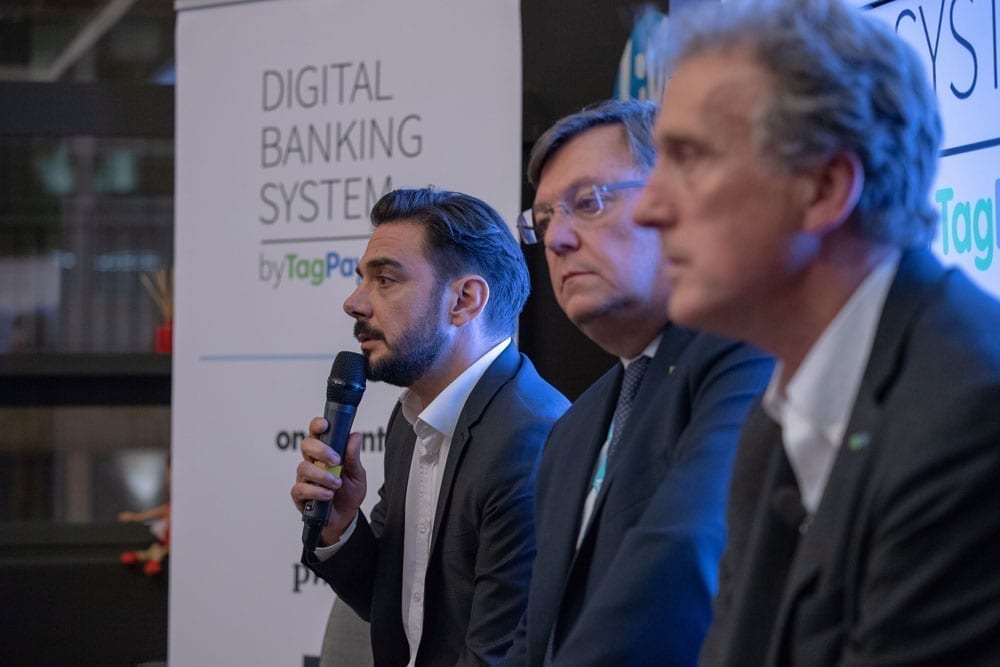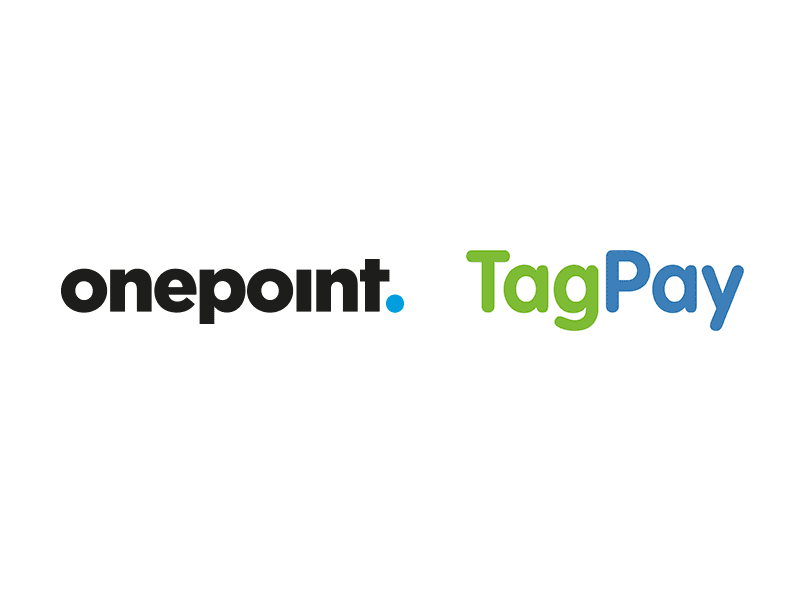A partnership that enables banks to ride the digital wave
Hurt by the arrival of technological disruptions and new players like fintechs, neobanks, telcos, GAFA, and BATX, traditional banks are now striving to align their offerings with customer expectations and new digital uses. At this stage, there can be little doubt that the only way of dealing with the dramatic transformations shaking the marketplace is through agility and constant reinvention.
Against this background, the strategic partnership between TagPay and onepoint aims to build a unified solution comprising both TagPay’s DBS and all the related digital services.
Complementary expertise
The DBS by TagPay not only provides banks with the open architecture, real-time capabilities and agility they need in the new digital world, but also with a ready-made solution that allows to set up a financial institution in 3 to 6 months. Present in 18 emerging countries through 27 customer banking institutions, TagPay expects that this strategic partnership will foster its global development, especially in Europe.
For over 15 years, onepoint has been supporting the major French players in the banking industry, which currently represent a significant proportion of the company’s turnover.
It was precisely by working side-by-side with its clients that onepoint saw the need for agile and flexible solutions like TagPay’s in order to move forwards on the path of innovation and away from rigid 20th-century information systems that turn transformation projects into a nightmare in terms of time, cost and risk.
Onepoint guides its clients on the journey from strategic vision to technological implementation with its differentiating and unique approach as its compass. Always at the service of its clients’ competitiveness and performance, onepoint’s role is to create the conditions for a meaningful, people-centric transformation process. Because digital transformation is successful only when the whole company embraces it.
Besides integration services, onepoint will help address a number of issues related to the implementation of TagPay’s DBS, such as rethinking the economic and operating models of banks, applying design thinking techniques to imagine new UX-powered customer journeys, laying good methodological foundations for agile practices, and ensuring user adoption through innovative change management approaches like gamification.
TagPay’s performance and onepoint’s services will combine to build an integrated off-the-shelf offering that covers all aspects of digital transformation.
Over time, the partnership may even result in an expansion of TagPay’s capabilities due to onepoint’s R&D investments in fields like IA, robotics, and Big Data, which represent potential collaboration areas that may come to strengthen TagPay’s value proposition.
Shared values
Beyond their complementary offerings and expertise, both companies share common social values.
Yves Eonnet, CEO of TagPay, explains, “for us, it’s essential to partner with companies that share our vision, and that’s what we found with onepoint. We share common values, to begin with: we are disruptors and visionaries, constantly endeavoring to improve digital technology to increase our social impact. Then, we also have the same goals regarding international expansion, especially in Europe.”
Pierre-Henri Druaut, Partner at onepoint, remarks, “onepoint is committed to promoting projects and solutions that are at the heart of social transformations, as is the case with TagPay. This has always been an integral part of our concerns, as reflected in our recent research project on brain-controlled avatars to curb phantom limb pain after amputation, conducted in collaboration with Nantes University Hospital. And also in our real estate investment in Bordeaux: a 30,000 m2 area where we’re going to build university schools, training centers, housing for employees, a digital factory, spaces dedicated to co-working and experimentation…These projects are inspired by our corporate culture: open, horizontal, and ahead of the transformation taking place in the job market.”


